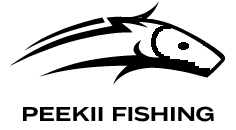Table of Contents
Research and Market Analysis
how to become a fishing tackle dealer:Understanding the Market
It’s especially important to understand fishing tackle market trends before you start your business. Research local and national trends, including the types of fishing popular in your area, the demographics of anglers, and the seasonality of the sport.
Competitor Analysis
Identify existing tackle stores and online retailers. Research their product offerings, pricing, customer service, and marketing strategies. This will help you find your own Unique Selling Practices (USP) and understand what makes dealers stand out successfully.
Determine your specialty
Decide whether you want to specialize in one type of fishing (e.g., fly fishing, saltwater fishing, ice fishing) or offer a wide range of products. Your niche will influence your product selection, marketing approach and target audience.
Business planning and licensing
Developing a business plan
A well-thought-out business plan is critical to obtaining funding and directing your business. Include the following sections:
Executive Summary: Outlines your business idea and goals.
Market Analysis: Insights gained from research.
ORGANIZATION AND MANAGEMENT: Hire and manage key personnel such as the business structure.
Products and Services: Develop a good understanding of the products you will be selling and train the store staff.
Marketing and Sales Strategies: How to attract and retain customers, and understanding the demographics of the people for whom the products will be sold.
Financial Projections: Projections, profit margins and capital requirements.
Legal Requirements
Register your business with the relevant government authorities. Choose a suitable business structure (e.g. sole proprietorship, limited liability company, company limited by shares) and obtain the necessary licenses or permits. Compliance with local regulations is essential to operate legally.
Sourcing Products
Find suppliers
Establish relationships with reputable suppliers or manufacturers. Attend trade shows, join industry associations or look for and connect with other dealers on social media to find reliable suppliers of quality fishing tackle.
Evaluate products
Select products based on quality, price and need. Stock a mix of popular brands and niche products to cater to different customer preferences. Offering exclusive or hard-to-find products can give you a competitive edge.
Negotiate terms
Negotiate favorable terms with suppliers, including pricing, payment terms, and delivery schedules. Building strong relationships with suppliers can lead to better deals and exclusive new products.
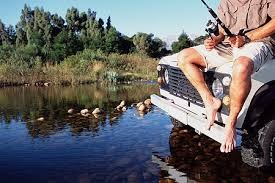
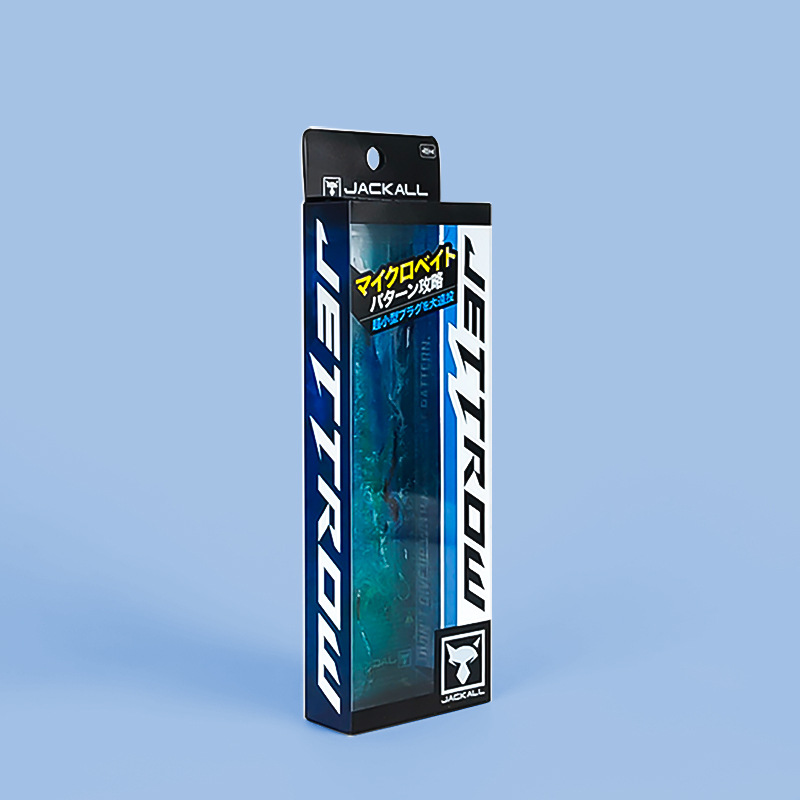
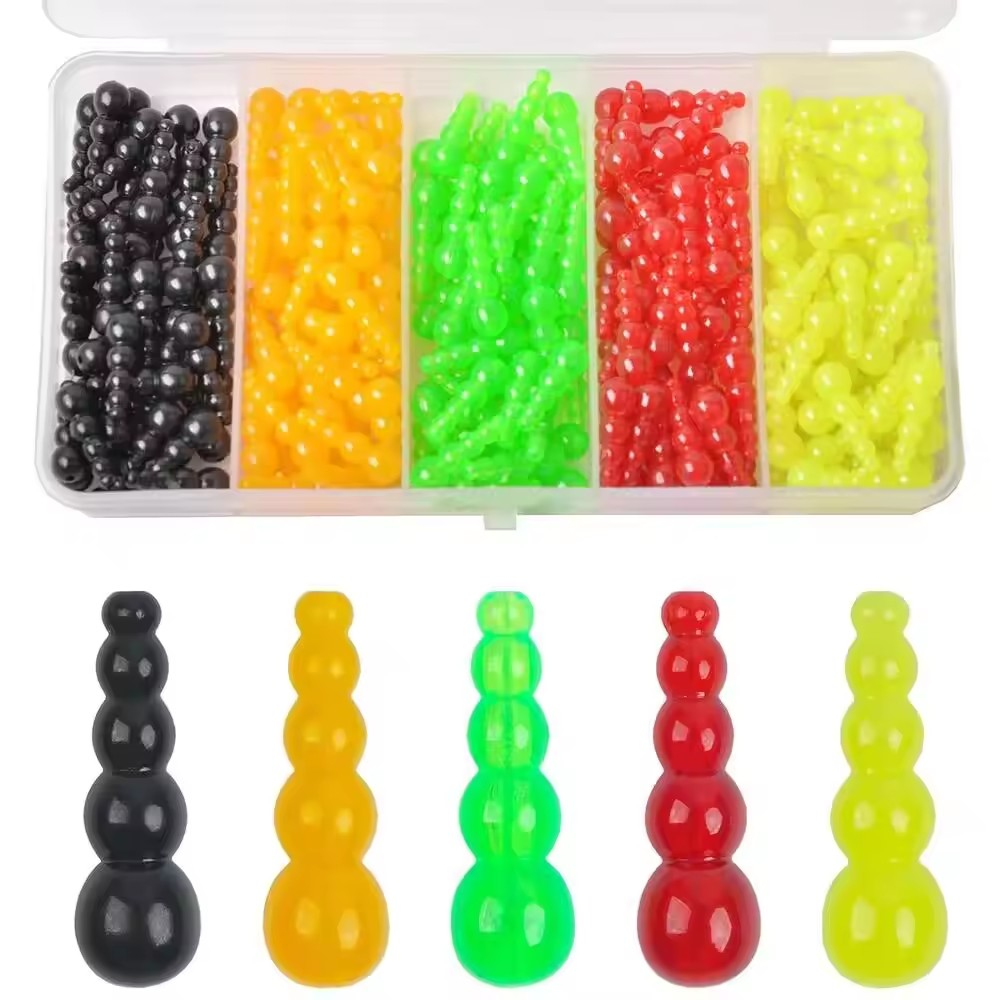
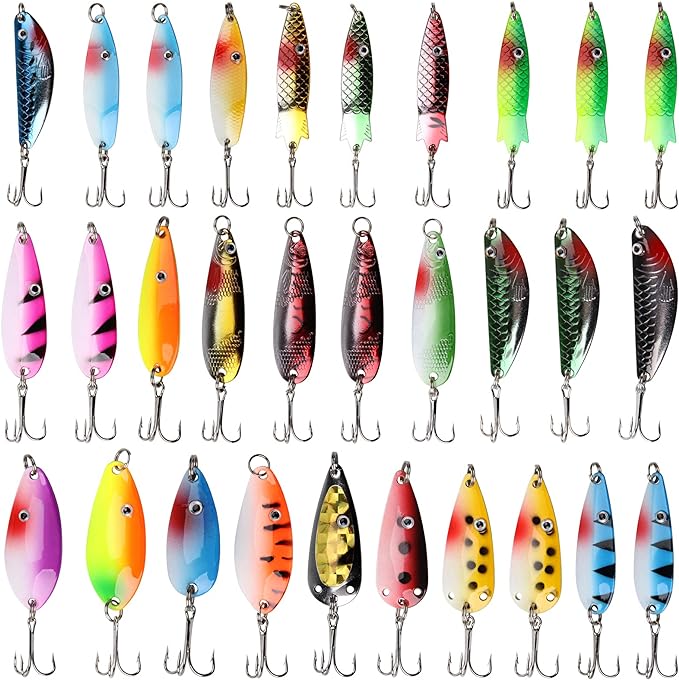
Doing Business
Brick-and-mortar vs online store
Decide whether to open a physical store, an online store, or both. Each option has its advantages:
Brick-and-mortar store: Offers the pleasure of shopping right out of the box for customers who prefer offline shopping and a connection to the local community.
Online store: Provides a wider reach, making it easier for customers in different regions to shop at any time and experience the joy of shopping without leaving home.
Location and layout
If you choose a brick-and-mortar store, choose a location with high visibility and easy access to public transportation. Store layout should be designed to be welcoming, easy to navigate, and categorized for different types of fishing gear.
Website development
For an online store, invest in a professional, clear and concise website. The website needs to contain high quality product images, detailed product descriptions, customer reviews and secure payment options.
Marketing Strategy
Branding
Design an eye-catching brand identity that encompasses your business values and appeals to your target audience. This includes the business name, logo, color scheme and overall aesthetic.
Digital Marketing
Utilize a variety of digital marketing channels to reach potential customers:
Social Media: Engage with customers on platforms such as Facebook, Instagram and YouTube.
Email Marketing: Send newsletters, promotions and updates to subscriber lists.
Search Engine Optimization (SEO): Optimize your website to rank high in search engine results.
Increase Visibility
Build a loyal customer base by participating in local fishing events, sponsoring tournaments, and partnering with fishing clubs. Hosting seminars, classes and product demonstrations can also increase visibility for your store.
Customer Service and Engagement
Train your employees
If you have employees, make sure they are knowledgeable about fishing and your product line. Excellent customer service can distance your business from your competitors.
Offer unique services
Offer services such as equipment repairs, custom tackle assembly and fishing advice. Offering a unique service can keep customers coming back and attract a different audience.
Day-to-day management and business development
Inventory Management
Keep an eye on your merchandise inventory and make sure popular items are always in stock. Streamline the process with inventory management software to prevent overstocking or running out of stock.
Financial Management
Closely monitor your finances, including cash flow, expenses, and profits. Regular financial analysis helps identify areas for improvement and ensures the long-term sustainability of your business.
Expanding your product range
Keep up with industry trends and customer preferences. Consider expanding your product range or adding new services to meet changing market needs.
Networking and learning
Continue to build relationships with suppliers, industry experts and other distributors. Attend trade shows, workshops and seminars to stay up-to-date on the latest trends and best practices in the tackle industry.
Summarize
Becoming a tackle dealer requires thorough research, strategic planning and a passion for the sport. By understanding the market, sourcing quality products and implementing effective marketing strategies, you can build a successful business that meets the needs of anglers and contributes to the fishing community. With dedication and continuous learning, your fishing tackle dealership can thrive in this dynamic industry.
